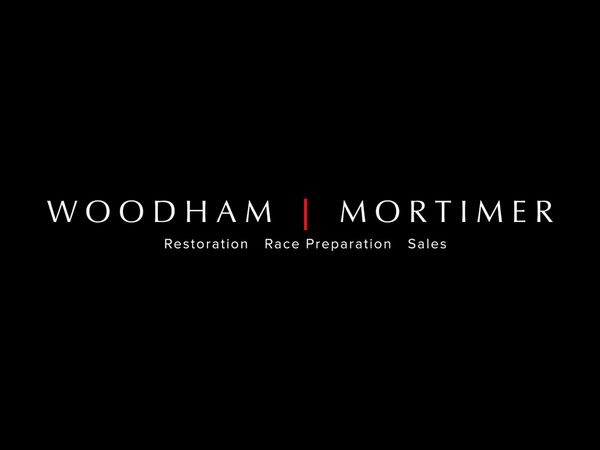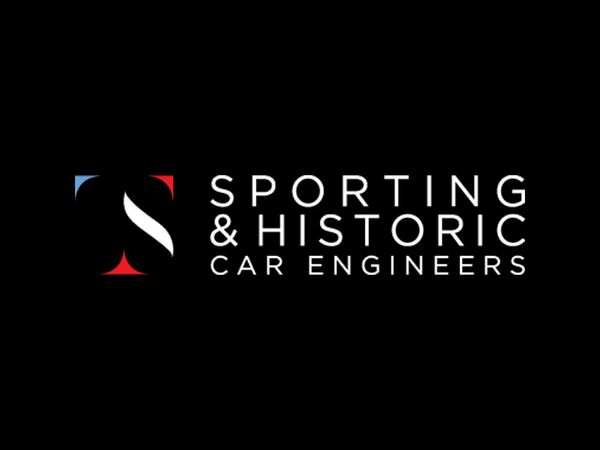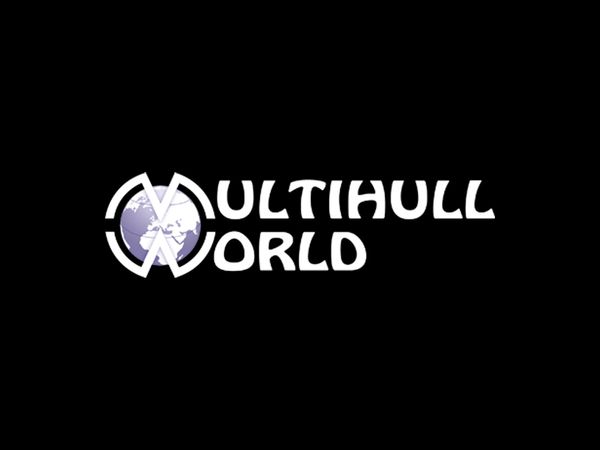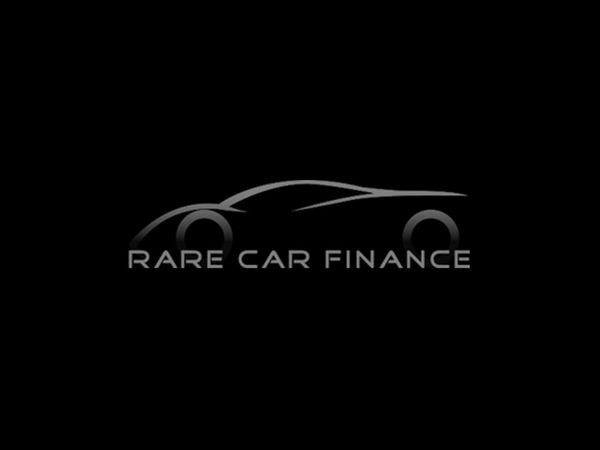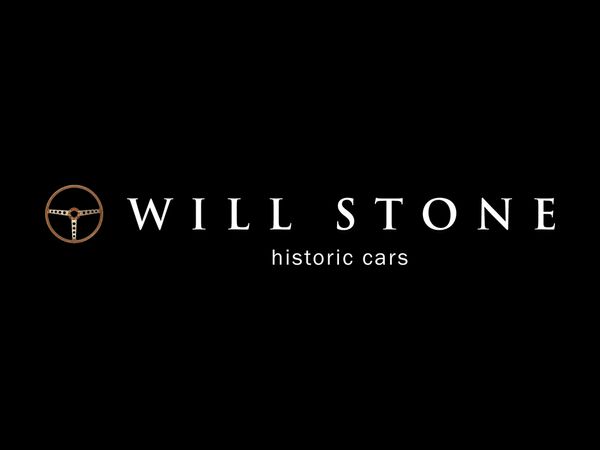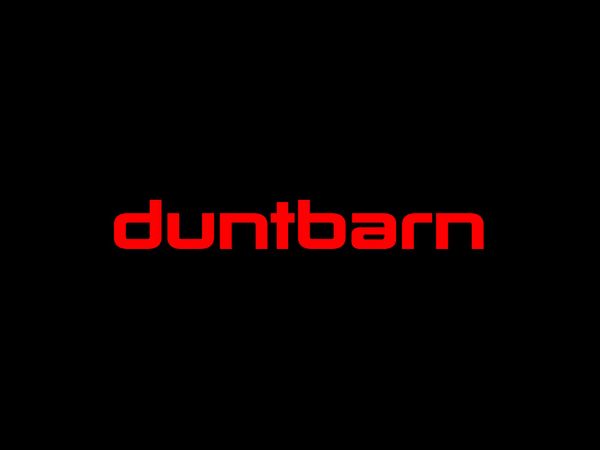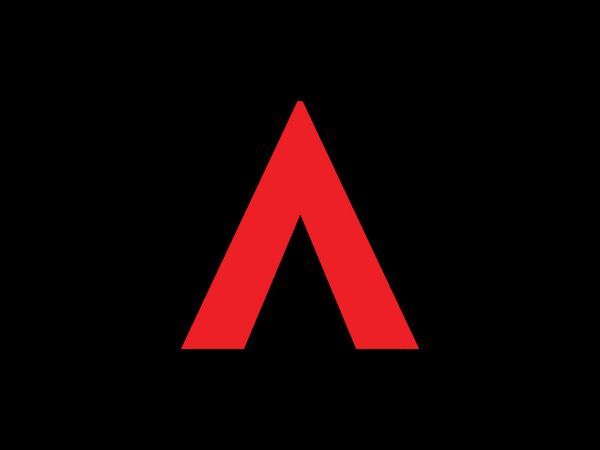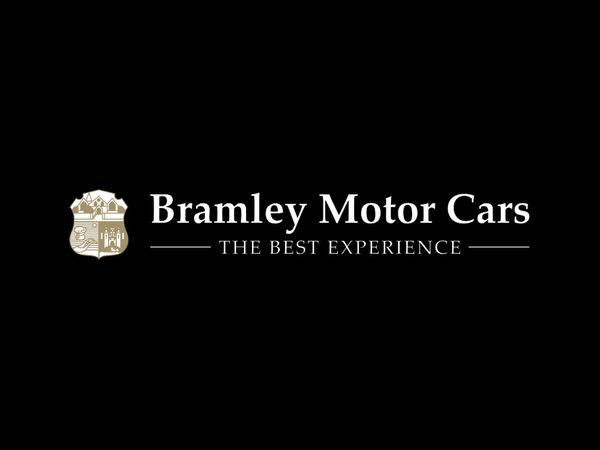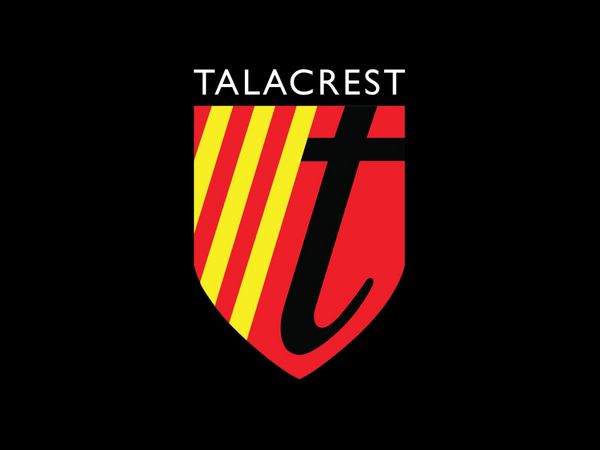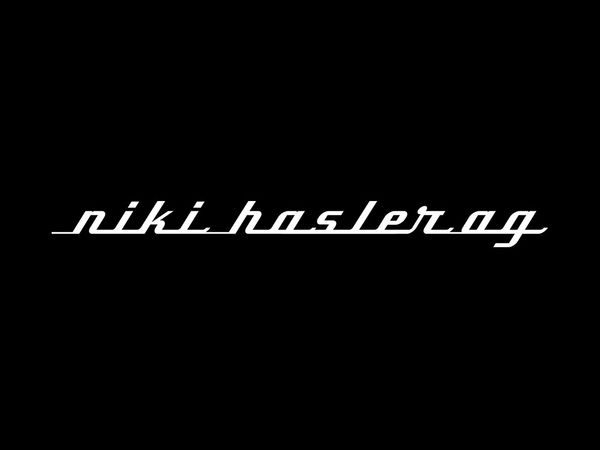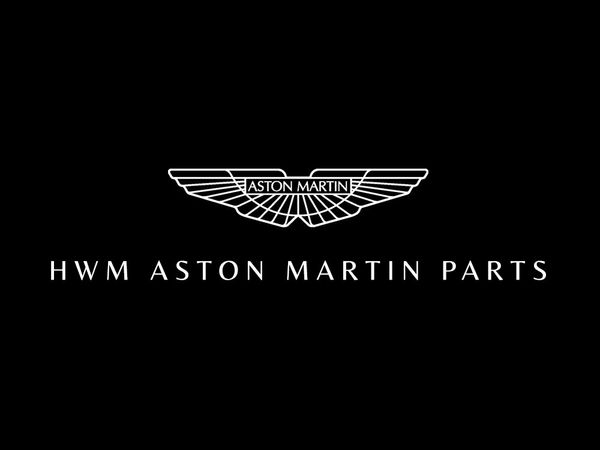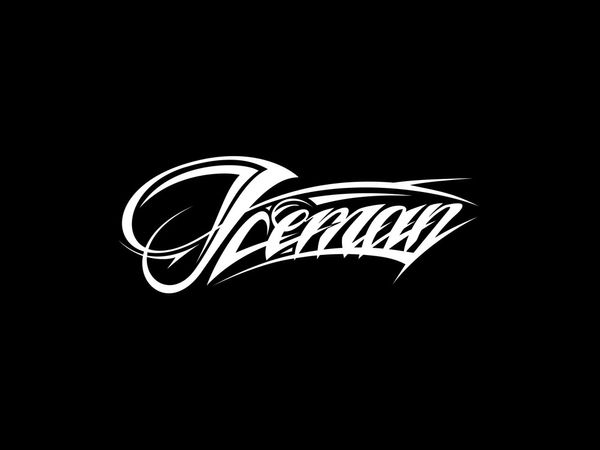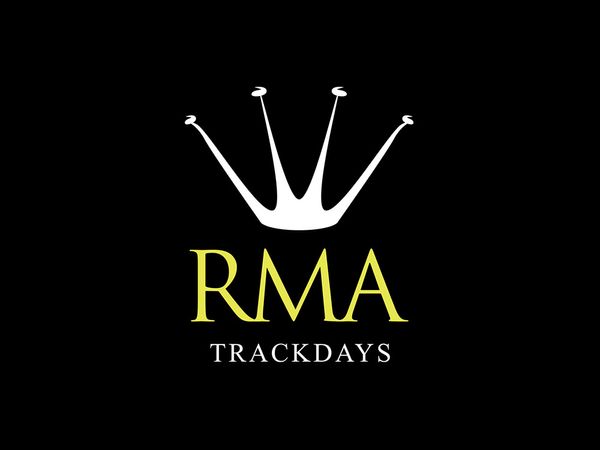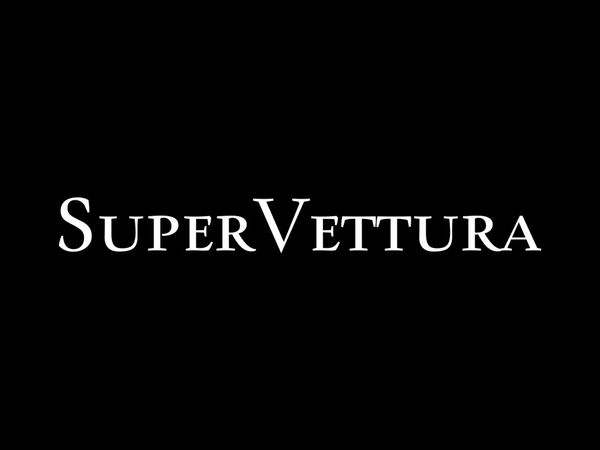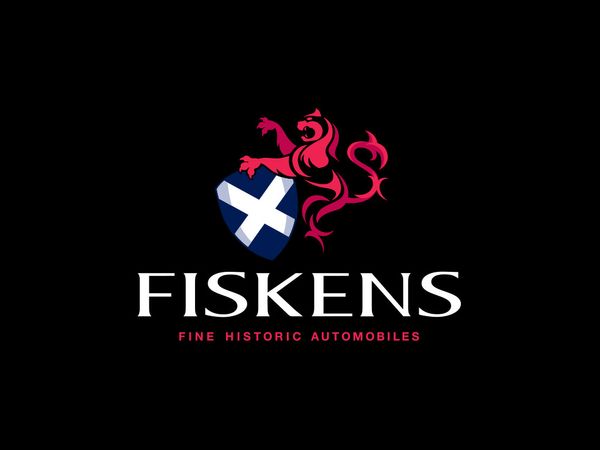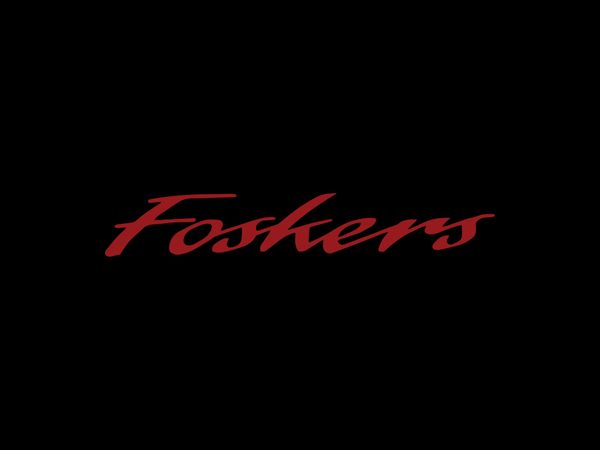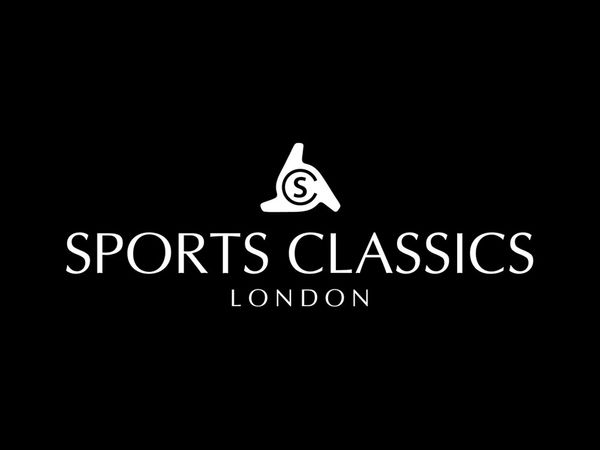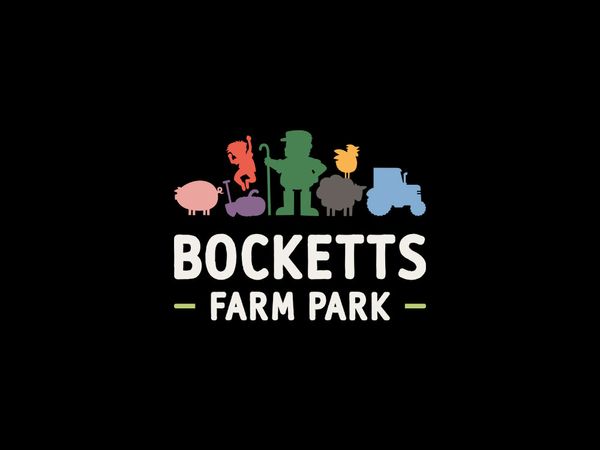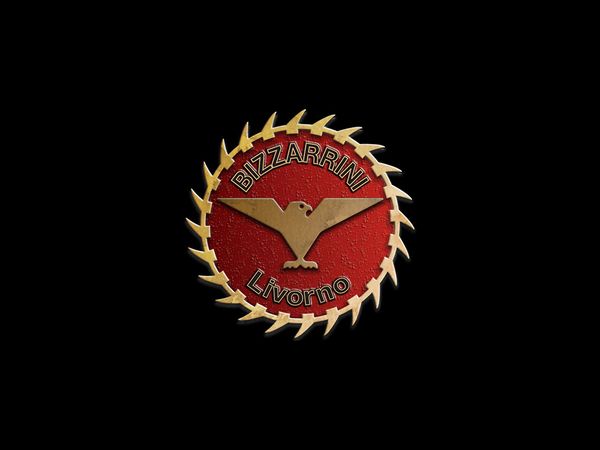Indiana State Fairgrounds - Indianapolis - May 16-20
From a Virginia Muscle Car Collection - 1969 Chevrolet Yenko Camaro
Engine 427/425 HP
Trans 4-Speed
Color Blue
Interior Black
ESTIMATE $275,000 - $325,000
Documented with the Yenko Invoice and original Protect-O-Plate
1 of 201 Yenko Camaros built in 1969
COPO 9561 L72 Engine
COPO 9737 Sports Car Conversion
Frame-off restoration
Matching numbers L72 427/425 HP engine
Matching numbers M21 4-speed transmission
BE-code 4.10 Positraction 12 bolt rear end
D80 front and rear spoilers
Power front disc brakes
Special ducted cowl hood
AM radio, Hurst shifter
Later-production in-dash tach
Argent 5-spoke wheels with Yenko center caps
Goodyear Wide Tread GT tires
Code 71 LeMans Blue with Black interior
Originating dealer was Yenko Chevrolet
Transferred to Yenko Super Car Dealer Bob Johnson Chevrolet in Wausau, WI
Sold new to D.C. Everest on July 22, 1969
Copy of previous title from 1991 for Wade Fletcher in Beaver Dam, WI
Formerly part of the Mick Price Collection
One of 201 Yenko Camaros built in 1969, this code-71 LeMans Blue coupe was transferred to Yenko Supercar dealer Bob Johnson Chevrolet in Wausau, Wisconsin, and sold new to a Mr. D.C. Everest on July 22, 1969. Like all Yenko Camaros built in 1969, it rolled off the assembly line at the Norwood, Ohio, plant with key features not seen in regular-production Camaros, in this case both the COPO 9561 L72 engine and 9737 Sports Car Conversion packages.
The COPO 9561 ordinance constituted a Corvette-sourced L72 iron-block 427 CI big-block V-8 rated at 425 HP and 460 lb-ft of torque, cowl-induction hood, heavy-duty 4-core “curved neck” radiator, F41 heavy-duty suspension with special shocks and springs, power front disc brakes and BE code 4.10:1 Positraction rear end. The 9737 Sports Car Conversion balanced out the Camaro’s already thundering performance with a 13/16-inch front stabilizer bar and Rally wheels with Goodyear Wide Tread GT tires, and it added a 140 MPH speedometer to the mix, although in most cases, including this example, the Rally wheels were replaced with signature argent 5-spoke alloy wheels with center caps bearing the Yenko logo.
Formerly part of the Mick Price Collection of Yenko classics, this Super Camaro was the recipient of a comprehensive frame-off restoration to show-quality standards. Still retaining its matching-numbers L72 427/425 HP engine backed by a Muncie M21 close-ratio 4-speed manual transmission and BE-code 4.10:1 rear end, it features D80 front and rear spoilers, a black standard bucket-seat interior with a later production in-dash 7,000 RPM tachometer, Hurst shifter and AM pushbutton radio. Documented with the Yenko Invoice, original Protect-O-Plate and copy of a previous title, this 1969 Yenko Camaro is a hard-to-find example with the combination of both its matching-numbers L72 engine and Yenko paperwork.
By the late 1960s, America’s obsession with race-car bred muscle was in full swing. Manufacturers were in the middle of an all-out horsepower war, cramming high displacement engines beneath the hoods of mid-size vehicles in attempt to create the next beast to rule the streets. As a result, younger customers were being drawn to showrooms across the country, leaving with standard editions of the mid-size monsters. However, while the standard editions were impressive, some found ways to beef them up even more, such as Don Yenko, who through the Chevrolet Central Office Production Order program created lean, mean, muscle machines.
In the end, the early ‘70s would trigger the decline of the muscle-car era as attitudes on the environment changed, insurance rates on these beasts became a burden and federal fuel regulations resulted in lower-compression engines. The fuel crisis of the mid-1970s would eventually bury the first incarnation of the muscle-car era for good.

